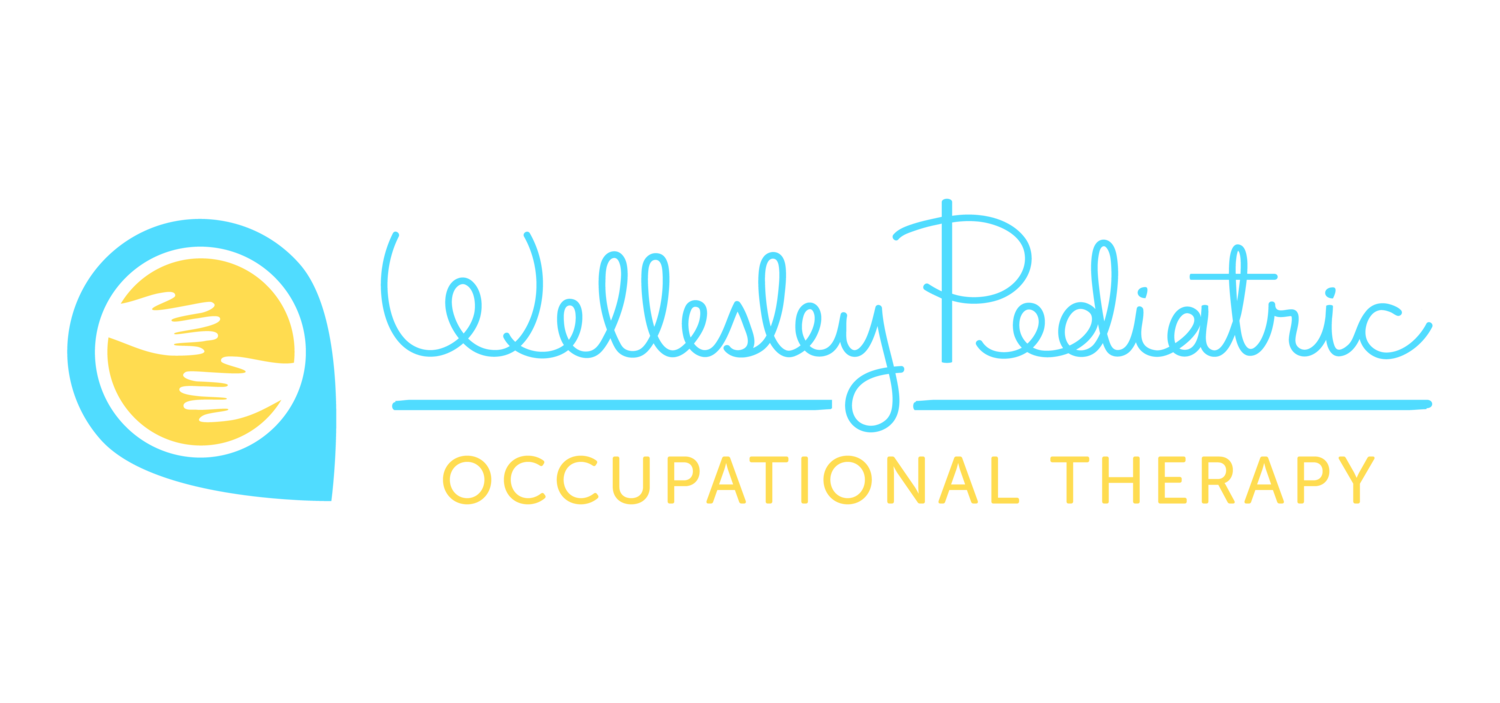Evaluations
Our experienced therapists use a combination of parent interview, child interview, clinical observations, and standardized testing, when appropriate, to evaluate each child. Our evaluations are typically covered by most health insurances and take approximately one hour to complete. We do our best to make each evaluation feel like "play," especially for our younger clients. We want every child to leave our clinic feeling positive about the skills they currently have and feel excited about new skills they will be learning.
Goal Development and Treatment Planning
Once the initial evaluation has been completed and it is determined that your child would benefit from occupational therapy services, our therapists work with each child and their families to set functional and attainable goals in the areas of need. We always encourage families and children to participate in the goal development process.
Treatment Sessions
After the treatment plan has been created, our therapists will recommend weekly services based on each child's level of need. Typically, children receive OT treatment sessions 1-2 times each week, but this can vary. We provide individual treatment sessions in private rooms so that every child receives the undivided attention from their therapist in order to make the greatest gains. In addition to our individual treatment sessions, we also offer groups that can facilitate the development of social skills in a therapeutic environment.

